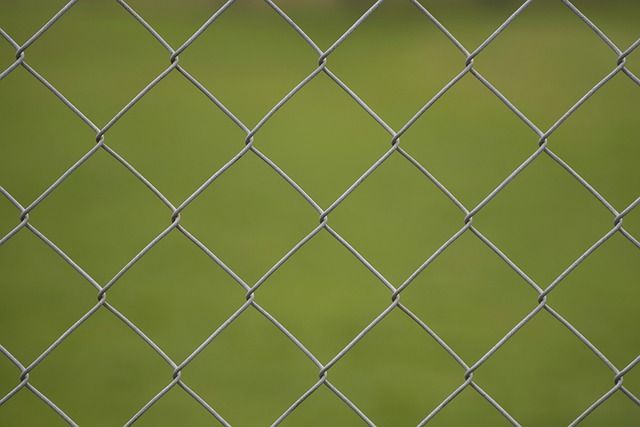In New Bedford, MA, a vinyl fence can be a significant addition to your property, offering both aesthetic appeal and security. This article guides you through the process of installing a vinyl fence, from understanding the options available in New Bedford to selecting the ideal contractor for your project. We delve into the installation process, ensuring a step-by-step approach to success, and provide tips on maintaining your new vinyl fence to ensure longevity.
- Understanding Vinyl Fence Installation in New Bedford
- Choosing the Right Contractor for Your Project
- The Installation Process: From Start to Finish
- Maintaining Your New Vinyl Fence
Understanding Vinyl Fence Installation in New Bedford
In New Bedford, MA, vinyl fence installation has become a popular choice for homeowners and businesses alike due to its durability, low maintenance requirements, and aesthetic appeal. Vinyl fences offer a wide range of styles, colors, and designs, making them versatile enough to complement any property. They are resistant to rot, rust, and decay, ensuring long-lasting performance with minimal upkeep.
Understanding the installation process is key to ensuring a successful project. Professional contractors typically begin by assessing the site, measuring the perimeter, and creating a layout. They then mark the location of the fence, excavate if necessary, and install posts securely in the ground. The panels are fitted together using specialized hardware, and finally, the entire fence is trimmed and capped for a neat finish. This meticulous process guarantees not only structural integrity but also visual appeal, enhancing the overall curb appeal of any New Bedford property.
Choosing the Right Contractor for Your Project
When considering vinyl fence installation, selecting the right contractor is a pivotal decision. Look for professionals with proven experience and a strong reputation in New Bedford, MA. Inquire about their portfolio, insurance coverage, and licensing to ensure they meet industry standards. Customer reviews are also invaluable; perusing testimonials can provide insights into their work ethic, responsiveness, and project management skills.
Beyond expertise, effective communication is key. Choose a contractor who takes the time to understand your vision, offers transparent pricing, and keeps you informed throughout the installation process. A well-planned consultation, detailed quote, and clear timelines indicate a company committed to delivering high-quality results tailored to your specific project needs.
The Installation Process: From Start to Finish
The installation process for a vinyl fence begins with meticulous planning and preparation. Contractors start by assessing the site, measuring the perimeter, and ensuring proper drainage to prevent water damage. They then mark out the exact layout of the fence on the ground, taking into account any gates or entry points required. Before setting posts, contractors dig holes at precise locations, considering the depth and width recommended for each post size. This foundation is crucial for the longevity of the fence.
Once the posts are securely placed, panels are attached, typically using metal brackets or clips. The panels are measured and cut to fit seamlessly together, creating a strong, unified barrier. After installation, contractors inspect the fence for any imperfections and ensure gates operate smoothly. They may also apply additional coatings or treatments to enhance durability against the elements.
Maintaining Your New Vinyl Fence
After your new vinyl fence installation is complete, proper maintenance will ensure its longevity and keep it looking as good as new. Regular cleaning with a soft brush or garden hose will remove any dirt, dust, or debris that may accumulate over time. Avoid using harsh chemicals or power washers, as they can damage the fence’s surface. A mild soap and warm water solution is usually sufficient for routine cleaning.
Additionally, inspecting your vinyl fence regularly for any signs of damage, such as cracked panels or loose posts, is essential. Promptly repairing any issues will prevent further deterioration. For minor repairs, you can use vinyl repair kits available at hardware stores. For more significant problems, consider contacting your contractor for professional assistance to ensure the job is done correctly and securely.
